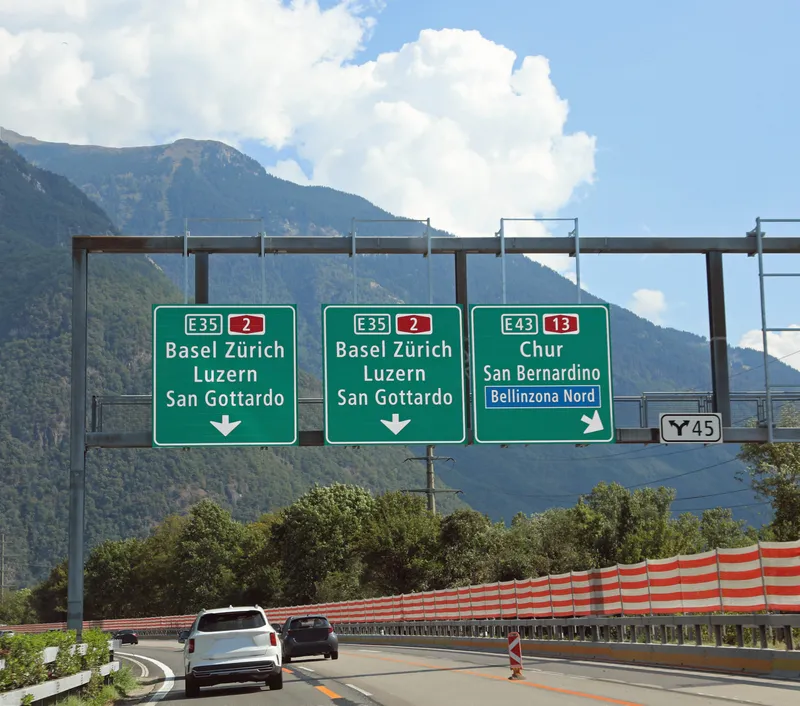The BelToll electronic toll collection system, implemented and operated by
The system, which was also expanded by 815 kilometres in January 2014, is now 1,189 kilometres long; according to Kapsch TraffiCom, the number of registered vehicles has more than trebled since the system was put into operation, increasing from 60,000 to 190,000 vehicles.
On-board units (OBUs) installed in the vehicles use microwave technology to communicate with the road-side infrastructure. Vehicles with a total weight of more than 3.5 tons as well as vehicles with a total weight of less than 3.5 tons that are registered outside of the customs union of Belarus, Russia, and Kazakhstan are required to pay tolls.
According to Kapsch, approximately US$128 million was collected for the Belarus government in the first year, significantly more than was generated with the manual toll collection system in the previous year. Around US$88 million was generated on a route of approximately 600 kilometres. After refinancing the costs of implementing the system, most of the revenues will be used to rehabilitate the road network and to expand the infrastructure.
Serguei Rodionov, CEO of Kapsch Telematic Services, says: “This is Kapsch TrafficCom’s first investment project. The current figures show that our projections were correct. Kapsch pre-financed the system so that no costs were incurred by the customer. Despite the difficult economic conditions in the region, BelToll is a complete success and will serve as a model for additional toll collection projects.”
Says acceptance among road users is very high: “When introducing a new toll collection solution, the administrative responsibilities are at least as important as setting up the technical infrastructure. In this case, both worked very well, and we succeeded in enhancing the technical expertise in the country. Since completing the first project phase last year, we now employ only locals for the work in Belarus in addition to the few project managers from Austria.”
Belarus toll system expanded
The BelToll electronic toll collection system, implemented and operated by Kapsch TrafficCom in Belarus, Serbia, was expanded by another 256 kilometres at the beginning of August, just one year after its commissioning in 2013. The system, which was also expanded by 815 kilometres in January 2014, is now 1,189 kilometres long; according to Kapsch TraffiCom, the number of registered vehicles has more than trebled since the system was put into operation, increasing from 60,000 to 190,000 vehicles.
August 7, 2014
Read time: 2 mins









